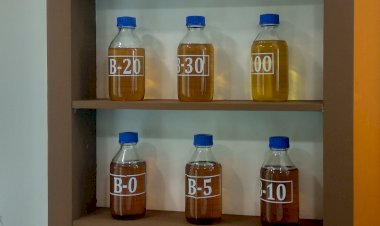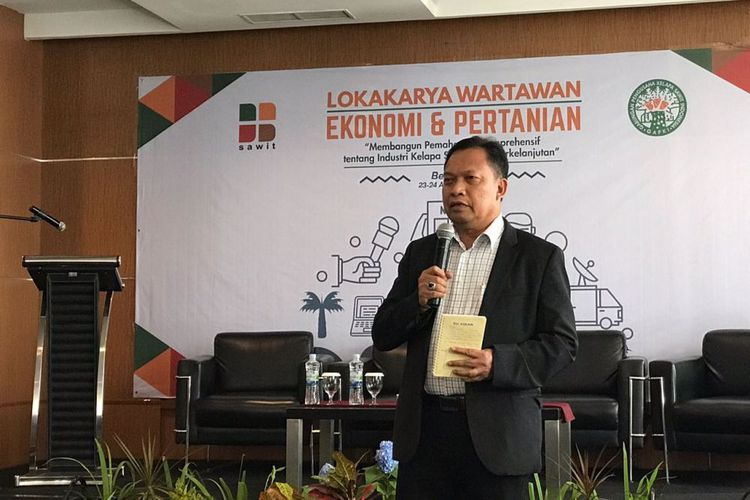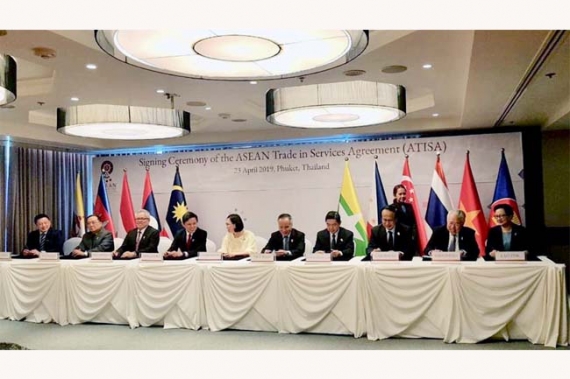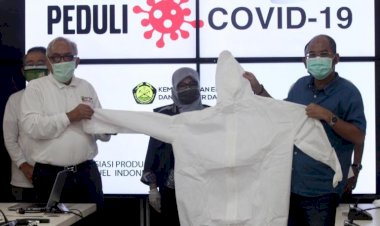Transportation Operators Ready to Implement B20 Mandatory
National transportation operators reaffirmed their commitment to use B20 as mandated by the government’s policy.

National transportation operators reaffirmed their commitment to use B20 as mandated by the government’s policy. If needed, they will make some adjustment on their fleets before using B20.
Director General of Land Transportation at the Ministry of Transportation Budi Setiyadi said that he has met all stakeholders in transportation sector on Tuesday, (4/9/2018). “The point is, all diesel fuel users must convert to B20 since the government push the use of biodiesel to increase the state’s foreign exchange reserves,” Budi said.
The government has convinced public that B20 is safe for vehicles. For some vehicles, fuel filters would only need replacement or more frequent cleaning in the early phase of adopting biodiesel use, referring to FAME’s solvent effect when mixed with regular diesel. The bio content in B20 cleans dirt off of the tank’s walls and pipes, and this ends up in the filter so that fuel filters need cleaning.
Budi also stated that the government pushs biodiesel use because Indonesia has a lot of palm oil that can be produced into biodiesel. The use of B20 is a part of biodiesel mandatory program. When the time comes, the bio content percentage will be gradually increased to 30 percent (B30).
Starting from 1 September 2018, the government make it mandatory for biodiesel to have a bio content of 20 percent. B20 fuel must be used by all transportation, including in subsidized (Public Service Obligation/PSO) and non-PSO sectors. **



































